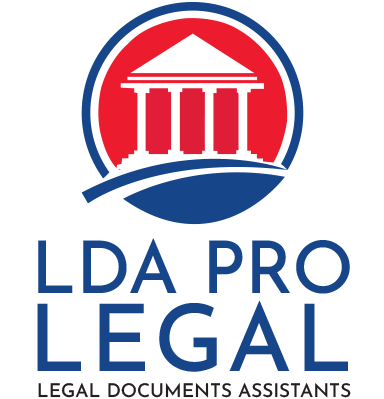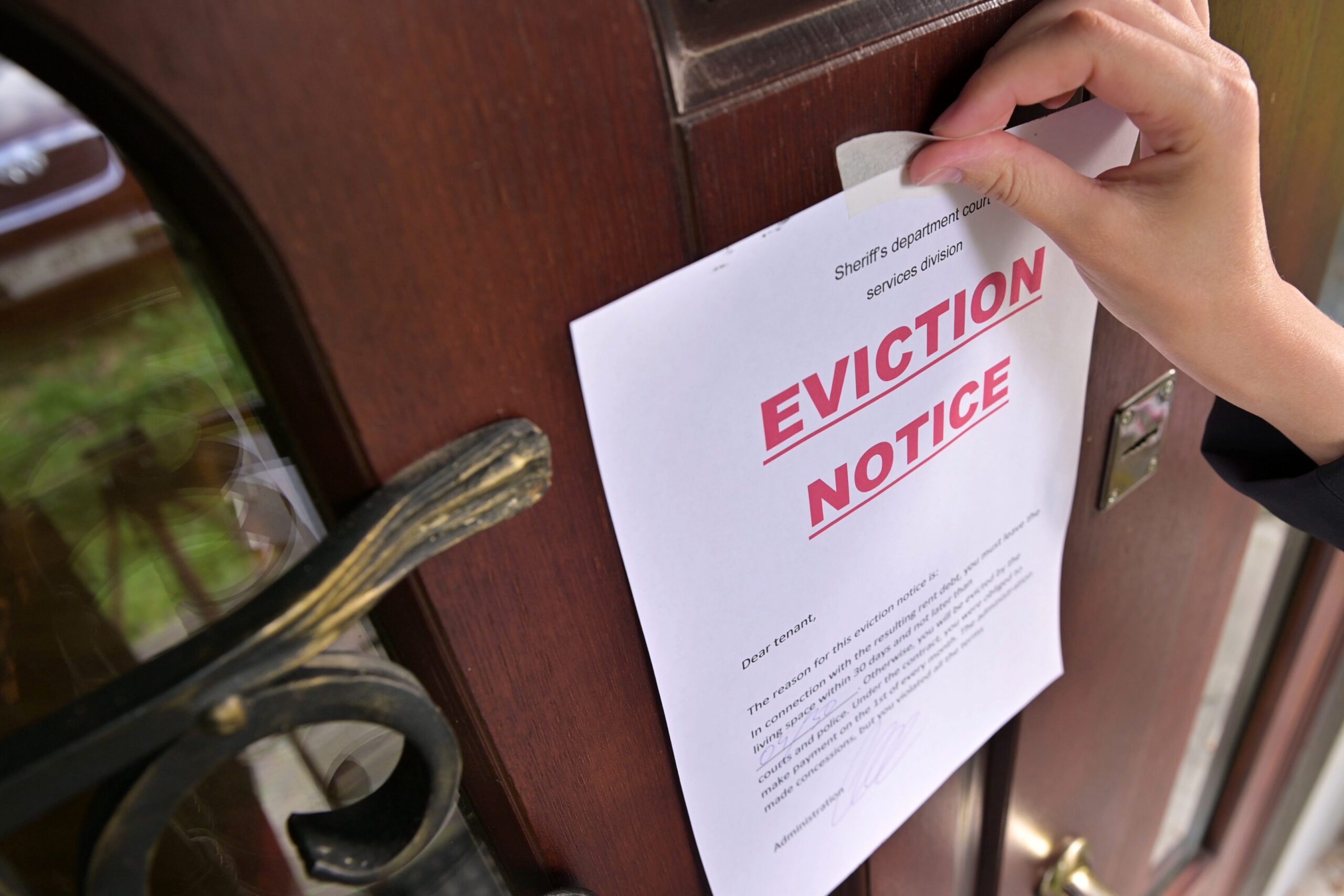When it comes to a vitally important issue such as Probate Services, the California code sets the maximum fees charges. This is applicable for the amount charged for the probate by an attorney, Probate Paralegals, or personal representatives like executors and administrators. For more complex cases, the court may order higher fees than what’s standard. The usual fee break-up is determined as per the value of the estate.
For the least complicated probate proceeding, the largest filing fees are incurred at the starting and the end of the legal session. From 2018 onwards, the fee charged by Probate Services for filing a probate petition was set at $435. This fee had to be provided for filing the petition for the final distribution of the estate assets. The decision to accept compensations becomes tricky if there are many beneficiaries.
![]()
![]()
PROBATE
Understanding the charge of the probate estate and the fees
Before going into the details of the probate fees, it is essential to figure out what is the worth of the probate estate. In general, you can get an idea of the estate value by performing an inventory of the estate assets. Usually, the probate estate includes assets such as real property, bank, or brokerage accounts that failed to be transferred into a trust or death beneficiary proceeds lacking a designated beneficiary.
The total cost of probate requires the costs of filing and administering probates to be considered. Costs of a California probate include items like filing fees, copies, publication fees, bonds, death certificates, death of the decedent, and probate referee fees.
Heirs who are expecting an uncontested probate case should consider hiring a Probate Paralegal, that is a Registered Legal Document Assistant, LDA. When hiring an LDA, there is a low flat fee for full probate services. Probate fees range from $1,500 to $3,000, in most cases. This is a small fraction of the cost; you would pay an attorney. Many clients hire an LDA initially to file the probate case, to cut costs. If the case is uncontested the LDA can prepare, file, and serve the probate, from start to finish. If the case becomes contested, you will need to hire an attorney, at that point.
Typically, attorney fees are four percent of the first $100,000 of the estate, three percent of the next $100,000, two percent of the next $800,000, one percent of the next $9,000,000, and one and a half percent of the next $15,000,000. For an estate larger than $25,000,000, the court will order a fee amount that supersedes the stated estate value.
Get In Touch
Email Us
Call or Text
Start Online
In Office
Appointments Available
By Appointment Only
Probate Paralegals often charge between $600 to $1,000 for a final probate accounting. If an accounting of the estate has been executed, the total value of the estate for the fees of the probate attorney will depend on the inventory, including all profits on sales. In case of losses on a sale, it will be overlooked. You can easily understand that important debts will not be included in setting the fees for an attorney or paralegal. You can comprehend this better with an example. Say, a house has a fair market value of $1,000,000 and a mortgage of $800,000. In such a case, the asset value will be considered as $1,000,000 for calculating the fees of the executor and attorney.
Purpose of estate planning
To save your family excess stress and worry along with a crunch on finances, a little estate planning during life along with the use of a revocable living trust can prove to be beneficial.
To give an overview, it can be held into account that the total cost of a California Probate depends on the size of the estate, types of assets, and complexity of the administration. If you seek help from a knowledgeable LDA, for Probate Services in California, you will be charged an affordable flat fee without any extra costs.












 , comments, or updates. We would love to hear from you
, comments, or updates. We would love to hear from you

